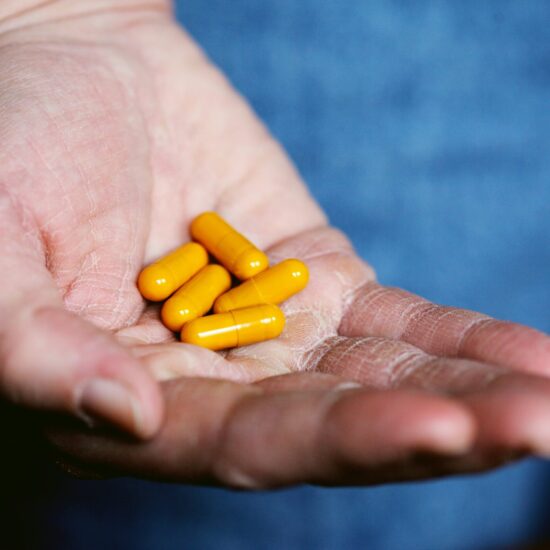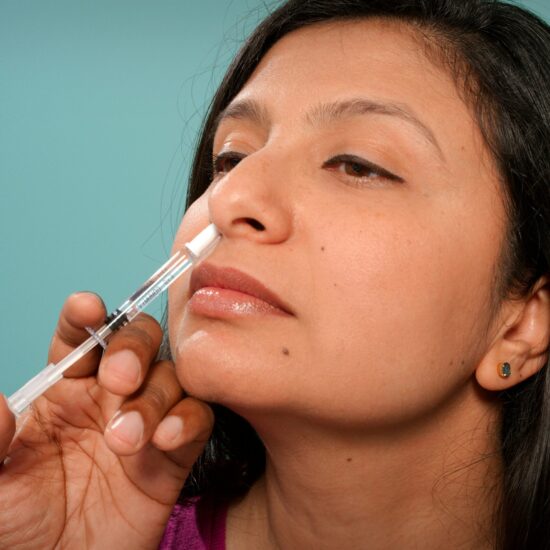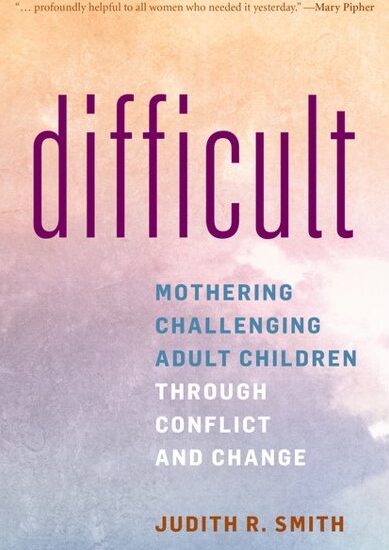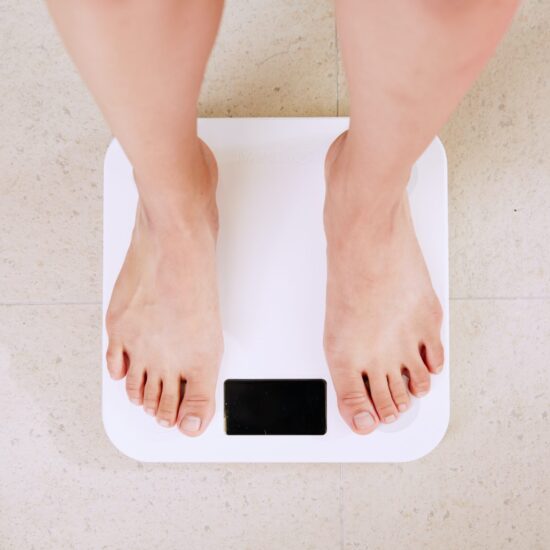
Are smartphones the new care managers?
There are some 96 million mobile phones in the US and Pew Research reports that a majority of American adults (53%) own smartphones. According to Nielsen, that’s a 38 percent jump in just one year.
Smartphones can be an ideal tool to deliver health information to end users, remind them to take medicine on time, monitor their weight or blood pressure, record blood sugar levels, and collect and transmit that data to providers. So it’s no wonder that there are thousands of health-related apps available, with more continually in the works. A recent report by PriceWaterhouse Coopers (PWC) predicts 40 to 250 million global health app downloads in 2012.
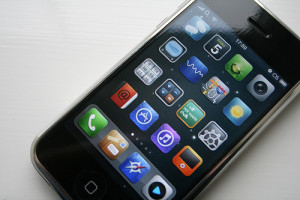 Mobile, or mHealth, could be the go-to platform to help providers deliver high quality care, save money, and improve outcomes.
Mobile, or mHealth, could be the go-to platform to help providers deliver high quality care, save money, and improve outcomes.
Payers see this as a boon to profits. The PWC report, Emerging Health: Paths for Growth revealed that 42 percent of payers think patients should allow doctors to monitor their health with smartphones and other mobile devices. However, only one quarter of physicians surveyed think this is a good idea. Many of them (42 percent) are “concerned” that patients might be getting “too independent” by using mHealth. In fact, 13 percent of doctors actively discourage patient self-monitoring via mobile health apps.
The report concludes that widespread adoption of mHealth by providers will grow slowly because physicians and other care providers are looking out for their interests – even though PWC points out that mobile health encourages patient-centered care, fosters prevention and improves chronic disease management. Other experts agree that for mHealth to be truly successful, it must be a collaborative effort among patients, providers and payers.
Mobile health presents real opportunities to improve care delivery and health outcomes. It is increasingly embraced by consumers for its convenience, ability to take greater control of their own health, and time-saving features. Physicians, however, freely admitted they did not like the idea of a shift in control towards the patient. “Patient independence” is not a term most are fond of.
Ironically, the PWC report reveals that 30 percent of physicians already own an iPad or similar device and almost as many expect to purchase one in the coming year. They’re finding it easier to monitor compliance, communicate with patients, and access various clinical and decision support support data. Provider-patient communication is cited by many (43 percent) as a key use for mHealth.
Huffington Post columnist John Burns recently commented that mHealth initiatives and applications have the potential to build a bridge to better health care for all communities. “Innovative wireless technologies provide new and more substantive opportunities for better health and better health education than ever before.“ He specifically singled out men from minority groups as prime targets for this type of initiative.
Practitioners need to look at the overall health benefits of using smartphones, not just worry about the control issue. mHealth creates new lines of communication, captures critical data, provides positive reinforcement and encourages patients to take ownership of their health. Physicians need to accept the reality that patients like using mobile health apps. Rather than fight it, they should embrace technology and work with their patients to improve outcomes.
My question, as always, is what happens those poor, homebound, elderly patients, who do not have access to or the means to acquire this technology? Who is going to buy the $600 iPad or pay for the data plan on a Galaxy Nexus? The digital divide keeps widening.



